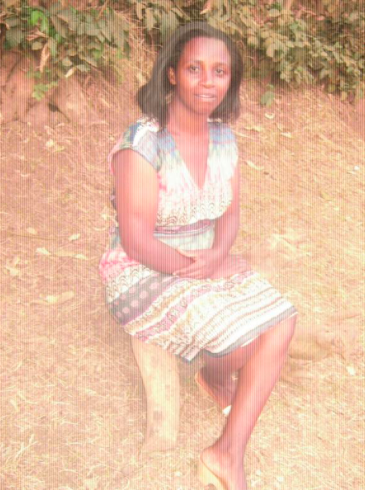In the heart of Kigali, Rwanda, on March 26, 2016, Illuminée Iragena, a nurse at the King Faisal Hospital and an active member of the opposition party Forces Démocratiques Unifiées (FDU-Inkingi), vanished under mysterious circumstances while on her way to work. This year marks the eighth anniversary of her disappearance, a case that remains unresolved, casting a long shadow over Rwanda’s commitment to the rule of law, democracy, and equal opportunity. The FDU-Inkingi, through its president Placide Kayumba, has issued a statement from Brussels on March 26, 2024, demanding justice for Iragena and shedding light on the broader context of political repression in Rwanda.
Illuminée Iragena was not just a healthcare professional; she was also deeply involved in political activism, closely associated with Victoire Ingabire Umuhoza, the then-president of FDU-Inkingi, who was serving a 15-year prison sentence on charges widely criticized as politically motivated. Iragena’s disappearance came shortly after the arrest of another party member, Léonille Gasengayire, pointing to a pattern of harassment and intimidation against the opposition.
The backdrop of Iragena’s disappearance is a distressing narrative of forced disappearances, assassinations, and harassment targeting members of FDU-Inkingi and other political opponents since 2010. The Rwandan government’s lack of initiative in investigating these incidents suggests a grim reality where state security services are implicated in a campaign of violence against dissent. This campaign includes not just members of FDU-Inkingi but extends to a broader swath of Rwandan civil society and political opposition.
Rwanda’s political climate since the Rwandan Patriotic Front’s (FPR) ascent to power in 1994 has been characterized by the suppression of political dissent. Prominent figures who have dared to challenge President Paul Kagame, such as Déo Mushayidi, Bernard Ntaganda, Diane Rwigara, and the aforementioned Victoire Ingabire Umuhoza, have faced imprisonment. The young activists Anselme Mutuyimana, Kizito Mihigo, and others have been silenced through assassination, imprisonment, or forced exile, demonstrating the lengths to which the Rwandan state will go to maintain its grip on power.
The FDU-Inkingi’s statement calls for an end to the cycle of violence and repression. It advocates for an inclusive political dialogue to forge a collective future for Rwanda, emphasizing that the path to stability and coexistence lies in peace, tolerance, and adherence to the rule of law. The party demands independent investigations into the crimes committed against its members and the broader opposition, highlighting the essential role of accountability in healing and progress.
As Rwanda commemorates the memory of Illuminée Iragena, the call for justice resonates beyond her case, touching on the fundamental rights of all Rwandans to express their views, participate in political processes, and live free from fear. The enduring courage of the opposition, in the face of relentless persecution, serves as a reminder that the struggle for civil and political rights continues, undiminished by the challenges it faces.































































